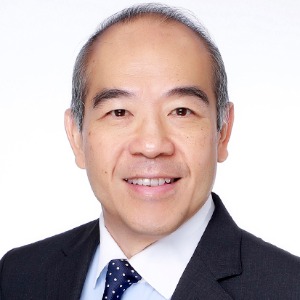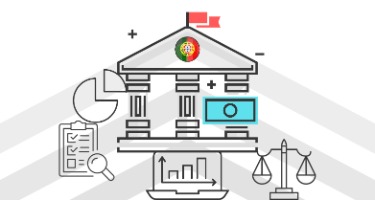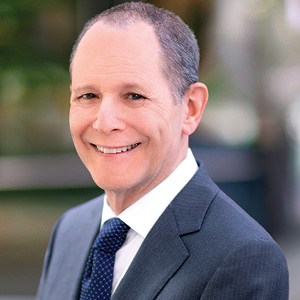The question of recovery of costs in the Singapore International Commercial Court came into sharp focus in the recent decision of CPIT Investments Limited v. Qilin World Capital Limited and another [2018] SGHC (I) 02 in which Ramsey IJ decided that recovery of costs in legal proceedings in the general High Court and recovery of costs in the SICC proceeded on different principles.
In CPIT Investments, the plaintiff sued two defendants in in the general High Court and the case was subsequently transferred to the SICC. The plaintiff failed to establish liability on the part of the first defendant and succeeded only one of three of its causes of action against the second defendant. The plaintiff sought costs on the basis that it was, on the whole, successful in the litigation and said that any discount ought to be no more than 15%. The plaintiff also asked for costs on an “indemnity basis” because it had served an unbeaten offer to settle. The defendants argued that the plaintiff should not be entitled to recover the whole of the costs and submitted that an issue-based approach gave rise to recovery of only 40% of the plaintiff’s costs. Ramsey IJ’s decision, rearranged here in litigation sequence to aid understanding, contained the following principles or guidelines:
- Costs rules and practice directions in the general High Court apply until such time when the case is transferred to the SICC.
- At the time of transfer, the general High Court or the SICC may direct that the costs guidelines to general High Court litigation apply or the parties may agree application.
- Absent any direction or party agreement, the SICC can (but is not obliged to) take the costs guidelines into account.
- The basis for costs orders in the SICC was the costs rules and practice directions relating to proceedings in the SICC and not the costs rules relating to proceedings in the general High Court.
- The SICC can take the fact of an unbeaten offer to settle into account in determining costs recovery.
- It is essential that the SICC Court is provided with a sufficient breakdown of the costs so that the paying party can make appropriate comments on the reasonableness of the costs and understand the work carried out for those costs, better still if there was an identification of the work with costs broken down into hours spent at hourly rates.
In order to appreciate the full importance of what Ramsey IJ has said it is necessary to understand that the SICC was created to enhance Singapore’s status as a leading forum for legal services and commercial dispute resolution. The SICC rules provide that “[t]he unsuccessful party in any application or proceedings in the Court must pay the reasonable costs of the application or proceedings to the successful party, unless the Court orders otherwise”. This rule should be understood in an international context. It is language that is more familiar to those involved in civil law countries and in international arbitration. One should consider that just as litigation in the SICC can be conducted by Singapore-qualified lawyers on both sides, it can also be conducted by Singapore-qualified lawyers instructed by international law firms on one or both sides. It can also be conducted by foreign lawyers who have registered with the SICC, including barristers and Queen’s Counsel on one or both sides, or with registered foreign lawyers and Singapore-qualified lawyers as co-counsel.
Material that might be relevant for submission to an SICC judge may range from the UNIDROIT Principles of Transnational Civil Procedure to principles in international arbitration that costs are recovered through the concept of reasonableness and proportionality. Future cases on costs recovery in SICC litigation are likely to develop and refine the texture of the traditional, underlying indemnity philosophy in costs recovery that “[c]osts as between party and party are given by the law as an indemnity to the person entitled to them”. For now, litigants are well advised to pay close attention to the guidance given by Ramsey IJ.































